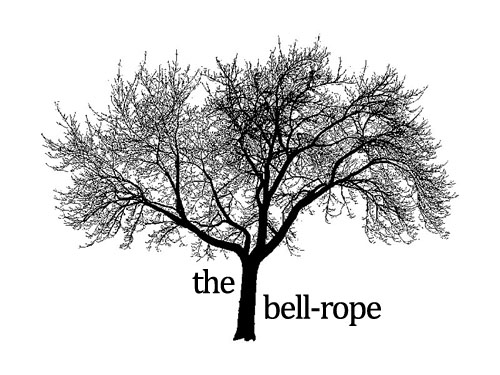Two thinkers I admire are both insomniacs in a way - the history of thinkers is obviously riddled with them but these are the two that come to mind. Michael Silverblatt relies on reading during night hours to consume the books he does, waking up to discover that he has read hundreds of pages in the night. During the day, he says, he is pathetically slow - a pedestrian two minutes per page - but night has a special force. Stanley Cavell, when he can't sleep, turns on Turner Classic Movies and returns to the circumscribed world of the movies he grew up with. In writing about film, he avoids the tendency to a technical objectivity and rather chooses to remember them, the way dreams are remembered. Would these two, and countless others, be the same kinds of people, of minds, without their after-hours work? There must be something liberating about defying the sun.
Cavell brings up the question of paraphrase in art: can we do it, what use is it? I used to say (I think smugly) to people who did not share my particular questions about art, who asked me what this or that movie or symphony or poem meant, if I could tell you in words we wouldn't need the thing itself, now would we? That's a good way to stop a conversation. But it doesn't explain why I am still driven to do it, why, when I feel I have seen something which pulls back the curtain (which wakes me up a little), why I feel I must, at least to myself, and however imprecisely, necessarily vaguely, be able to explain it. What Dreyer manages to do is ... The reversal at the end comes out of Ferris's use of ... The people in this universe are all ... I think what Crane is doing here is to ... gabbling. The security of the pat in the face of the inexpressible.
Wong Kar Wai's In The Mood For Love is a hell of a movie. His Hong Kong is cramped and steaming, the two main figures gliding through it like intricate origami cranes. His explosions have the indirect and sharpened quality of overhearing, of hearing illicitly. Like so many other films, we are shown the passage of time, the way a memory is born out of the convergence of time and place - so loss. But its insistence is on imperishable traces (imperishable anyway for us), the beautiful dresses, the way Mrs. Chan's hip moves and the effect of her hand on a door frame, and the infinite other traces we leave to be retraced and adumbrated - packed onto - by those to come.


No comments:
Post a Comment